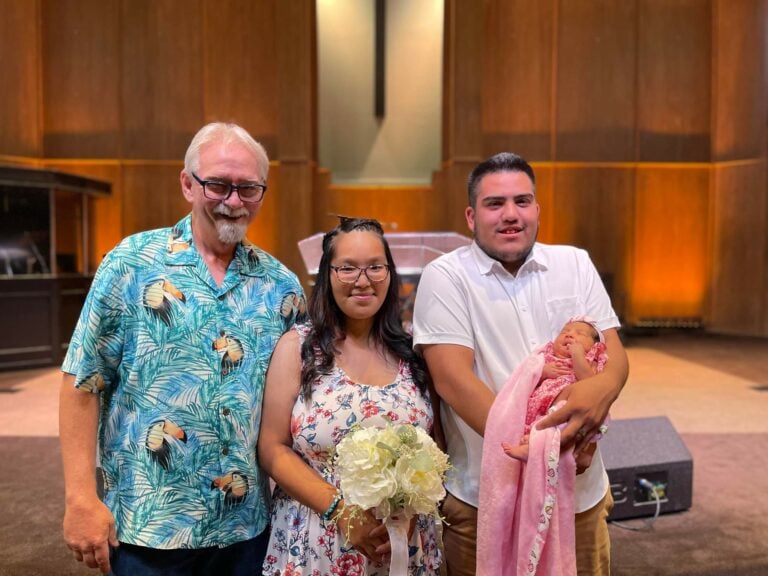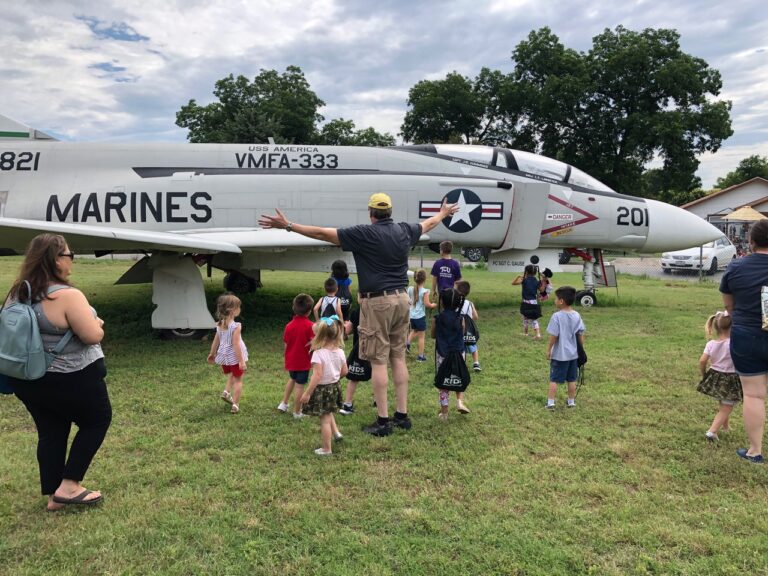CCMR Program Gives Students the Tools to Succeed After Graduation
The Eagle Mountain-Saginaw Independent School District understands that high school graduation is not an end, but a beginning. The key is for students to identify what they want to do, what they want to be, and what they enjoy doing. That’s where the College, Career, and Military Readiness program can help.
“For us, what CCMR means is for them to be ready at graduation for whatever their next step is going to be,” said Dr. Dana Eldredge, director of Career and Technical Education. “Whether that’s going directly into the workforce or moving on to college/post-secondary education or the military and then a career after that, they know they are fully prepared.”
Once students determine a potential career path is when the CCMR program really kicks into high gear. For example, those seeking a college degree need to pass a series of tests. Then they take dual credit courses, which if successful, earn them college credits while still in high school.
“Our goal is to push our students to challenge themselves to take those upper-level classes while in high school,” said John Fahey, director of College, Career, and Military Readiness, who specializes on the collegiate side.
“We focus on offering courses from the beginning level all the way up to advanced in areas students are interested in and are high demand and high wage,” Fahey said. “And we tie them to
industry-focused certifications, those recognized by a company for when a company comes in and says they want to work for them.”
Eldredge said companies that offer to pay for colleges are the most attractive to her career-bound students. Plus, a shrinking number require bachelor’s degrees.
“Those companies would rather have students come directly to them after graduation, be trained, and if the need arises for a degree, will pay for them,” Fahey said.
To help students transition into future careers, EMS ISD partners with companies in the manufacturing, construction, land management, and automotive industries.
“More than anything else, we want kids to understand opportunities,” Eldredge said. “We want kids to take what they really enjoy, are good at and have an interest in, and take that and turn it into a really good, meaningful career that’s going to be around for a long time, and they can be involved with. We want to give them those building blocks. It’s about helping those kids figure out who they want to be and giving them all the tools to move on.”







